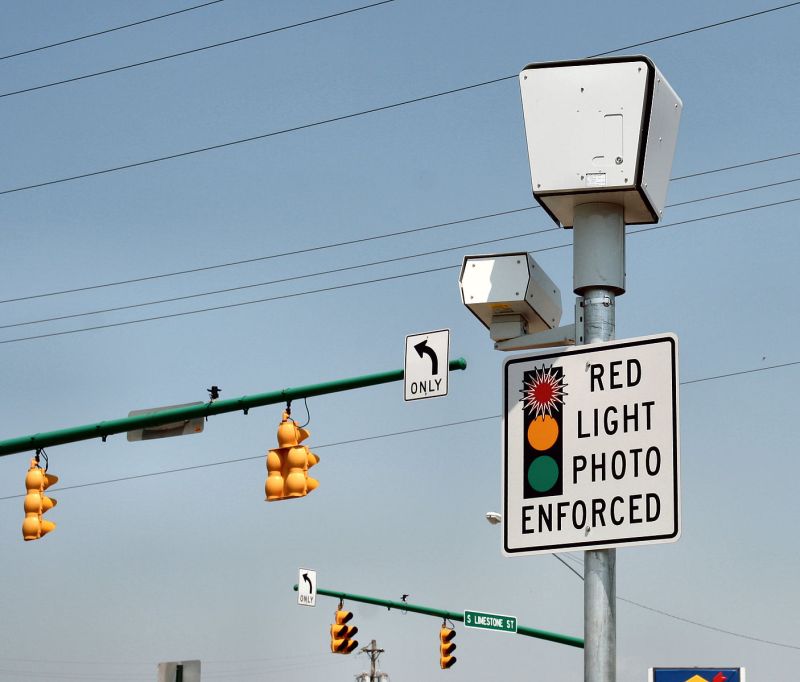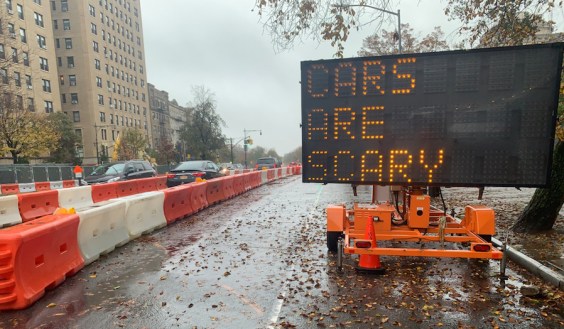Update 4:27 p.m.: Members of the Colorado House Transportation Committee killed HB1099 this afternoon, a bill that would have banned automated enforcement statewide.
State Rep. Jovan Melton (D-Aurora) wants to ban red light cameras in all of Colorado. But his reckless position would cause more wrecks that would hurt and kill people — and he doesn’t have his facts straight.
In a recent interview with Denver7 he falsely claimed that the cameras do not cut injuries and fatalities. “We’re not seeing that it’s actually increasing safety,” he told reporter Meghan Lopez in a story about the proposed ban, which will be discussed today in a hearing at the State Capitol.
Multiple studies from around the world confirm that the cameras reduce the overall number of crashes, especially those with injuries and fatalities. And those results hold locally, according to crash statistics from the Denver and Aurora police departments.
While the cameras boost safety, they tend to increase less-dangerous rear-end fender benders, a fact their opponents often point out.
“We’re seeing an increase in rear-end accidents,” Melton told Denver 7. “Because somebody might see that the light is turning yellow and not want to risk getting a ticket, so they stop early and the person behind them wasn’t expecting them to stop.”
But drivers cause these crashes, not the cameras.
Despite the rear-end collisions, researchers consistently conclude that red light cameras bring down traffic fatalities and serious injuries. The cameras reduce dangerous t-bone crashes 25 percent (study) or more, total fatalities (study) and serious injuries (study), both at the intersections where they are installed (study), and citywide (study). And when cities switch off the cameras, as Aurora did two months ago after voters banned the cameras, serious crashes go up (study).
The Denver metro is no exception. Data from the Denver and Aurora police departments confirm either a dramatic decline in crashes, or a lower rate of increased collisions.
Denver: Intersections with red light cameras
- 60%: Decrease in overall crashes
- 80%: Decrease in side-impact crashes
Source: Denver Police Department
Aurora (2011-2016):
- Crashes increased 35% at intersections without cameras
- Crashes increased 19% at intersections with cameras
Source: Aurora Police Department.
Around the world
- Calgary: Collisions decreased 17% and injury collisions fell nearly 50%
- Western Australia: Reduced casualty crashes by 25% to 30%
- England: Overall accident reduction of 18%
- Glasgow Scotland: 25% drop in accidents, a 67% drop in fatal accidents, a 40% drop in serious accidents
- Belgium: Decrease of 14% to 18% of crashes with fatal and serious injuries
Source: American Traffic Solutions via WalkDenver
Rep. Melton did not respond to multiple requests for an interview. Rep. Stephen Humphrey (R-Greeley) is a co-sponsor of the bill.






